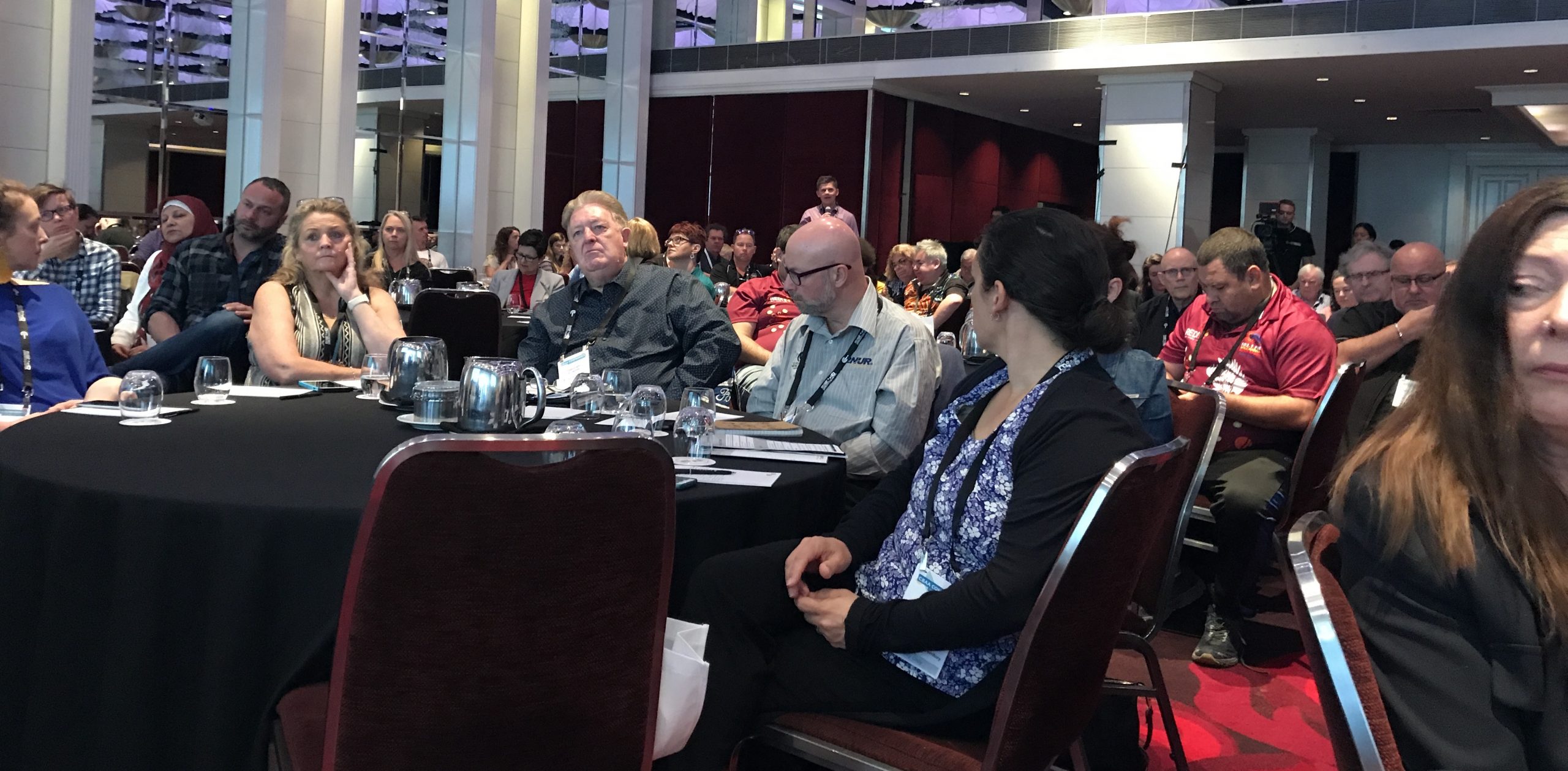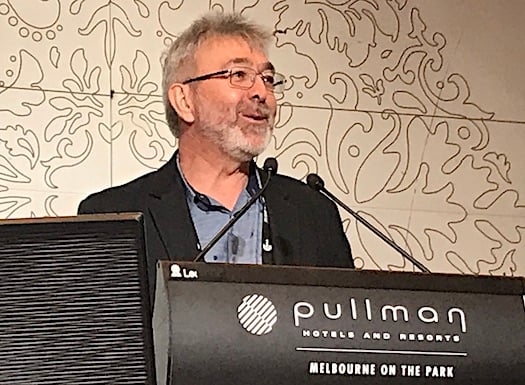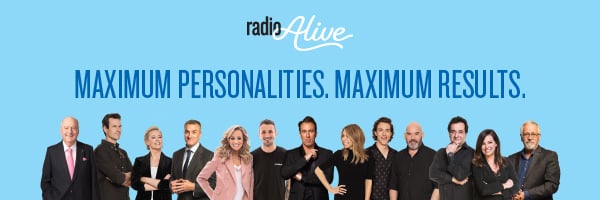Speaking at the opening of the CBAA Conference today, President Philip Randall told delegates about the consolidation of media and the importance of community broadcasting.
“Media is consolidating, these changes present community broadcasters with great challenges and opportunities.
“Community radio is truely local, with voices by your siblings, relatives and neighbours. It reflects your local identity.”
“A healthy democracy cannot function without a free media,” he said, discussing the current campaign for media freedom.
“In recent years laws passed for national security have created a culture of secrecy. Whistleblowers are also important to a free media… but we have now had many years of creeping legislation in this instance.
“The CBAA believes in media freedom for he entire media industry and has joined the public campaign this week.
Community radio listening has been increasing in recent years. Randall told delegates that this year the figure is at its highest ever.
“We have seen the national listening audience grow to over 5.9 million people. Radio continues to shine bright in Austrtalia.
“The not for profit nature of community broadcasting is a defining strength in the face of digital disruption. The CBAA has opened a dialog with the regulators and legislators to ensure the community sector remains sustainable now and into the future in a way that that si financially viable.
“Digital platofrms are disrupting community broadcasters as it is with all media. Communities are changing how they listen to radio… we need to adapt by transitioning to multiplatform delivery.
“Digital infrastructure is costly to operate and licencees need to be able to generate additional income to meet these rising costs.
“Given these challenges were concerned that the government is encouraging us to be more sustainable but that regulators are resisting the ability for community broadcasters to make more revenue.”
View the conference stream here.
The conference was opened by Wurungjeri Elder Alex Kerr who said: “If you look after this country, this country will look after you.”
Communications Minister Paul Fletcher delivered a video message of support to the community broadcasting sector.
Tim Watts, Shadow Assistant Minister for Communications, also spoke, in person, telling delegates that, in the current political climate, the media’s role has never been mroe imporatnt.”
On the topic of Media Freedom he said:
“Australia and democracies around the world were shocked earlier this year at the extraordinary police raids on the ABC.
“The government tried to dismiss the raids as business as usual. Nothing to see here… The first step in fixing something is to recognise that there is a problem.”

Standup comedian Geraldine Hickey, who is also part of 3RRR’s breakfast program, spoke about her personal journey in community radio in the first session of the day.
“I was trying to find ways of getting work outside of stand up comedy. I enrolled in the Swinburne course, but what I learnt was that I didn’t want a career in commercial radio. After I finished there wasn’t a lot of options for me. So I stared a podcast in 2010.
“We loved footy, so we did a podcast about footy called Download. We snuck into the studios of Triple M after hours and recorded it in Eddie Maguire’s studio.
“A couple of years later I got a call from 3RRR about a summer fill in show. At the time I didn’t understand how great it would be. We were offered to do a regular show after that, it was heaps of fun and it brought in a whole new audience for our stand up shows.
“At the end of that year I was asked to do the Breakfasters show. By that stage I knew how important and valuable 3RRR was, and community radio in general.”
Geraldine never thought she would get an opportunity to be in the media, but now she feels empowered and successful form her radio experience.
“3RRR were the first to believe in me more than I believed in myself… I cried when they offered it to me. My career has progressed so much since that time.”
After doing a year on radio Geraldine found that she could adjusted the way she did stand up comedy and found herself treating it mroe professionally after the discipline of doing daily breakfast radio.
“It changed my creative process. Every morning I had to come up with a couple of things to talk about. It changed my perspective about how to be creative… to look at the world in a different way.
“The thing I love about radio is forming a connection with your audiene… I love it that I am an extra person at the breakfast table.
“I wouldn’t have the work ethic or the opprtunities that I have without community radio.”
Conference program here.


